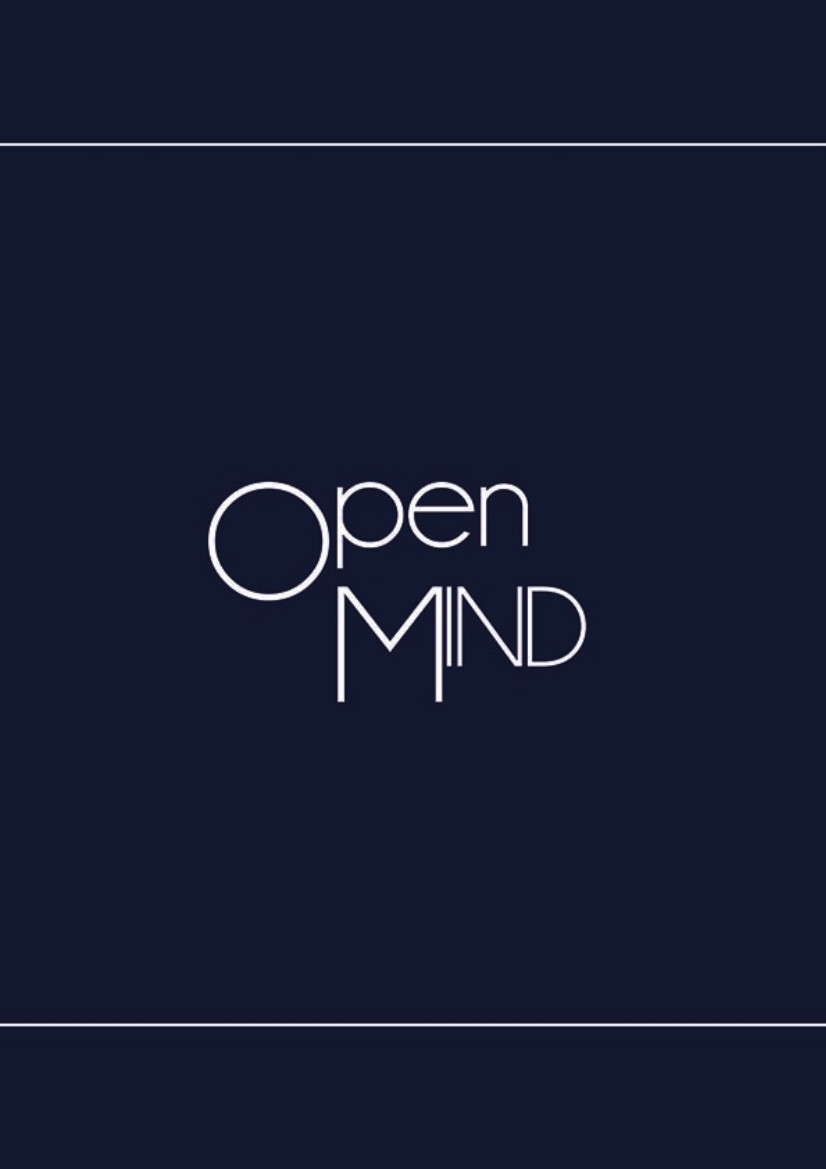Thomas Metzinger, Jennifer M. Windt (eds.): Open Mind (2015)
Filed under book | Tags: · brain, cognition, cognitive science, consciousness, ethics, knowledge, memory, mind, neural networks, neurophysiology, neuropsychology, neuroscience, perception, philosophy, thinking

Open Mind is an open access collection of 39 original research publications on the mind, brain, and consciousness.
The contributions were written by 92 junior and senior members of the MIND Group, including internationally renowned researchers working in various areas of philosophy, psychology, cognitive neuroscience and neuroethics. The collection commemorates the 20th meeting of the group.
Thomas Metzinger founded the MIND Group in 2003 to provide young German philosophers with a platform that would help them establish contacts in the international research community and participate in the latest developments in contemporary philosophy of mind. An ever-changing group of advanced undergraduate students, doctoral candidates, and young researchers from different countries meets twice a year in Frankfurt am Main.
Publisher MIND Group, Frankfurt am Main, January 2015
Open Access
ISBN 9783958571020
c1578 pages
Project website
Book announcement
Individual papers (HTML, PDF, EPUB)
single PDF (78 MB)
single EPUB (284 MB)
Stamatia Portanova: Moving without a Body: Digital Philosophy and Choreographic Thoughts (2013)
Filed under book | Tags: · abstraction, aesthetics, affect, algorithm, body, choreography, code, composition, computation, computing, dance, digital, geometry, image, infinity, mathematics, mind, movement, number, object, philosophy, sensation, virtual

“Digital technologies offer the possibility of capturing, storing, and manipulating movement, abstracting it from the body and transforming it into numerical information. In Moving without a Body, Stamatia Portanova considers what really happens when the physicality of movement is translated into a numerical code by a technological system. Drawing on the radical empiricism of Gilles Deleuze and Alfred North Whitehead, she argues that this does not amount to a technical assessment of software’s capacity to record motion but requires a philosophical rethinking of what movement itself is, or can become.
Discussing the development of different audiovisual tools and the shift from analog to digital, she focuses on some choreographic realizations of this evolution, including works by Loie Fuller and Merce Cunningham. Throughout, Portanova considers these technologies and dances as ways to think—rather than just perform or perceive—movement. She distinguishes the choreographic thought from the performance: a body performs a movement, and a mind thinks or choreographs a dance. Similarly, she sees the move from analog to digital as a shift in conception rather than simply in technical realization. Analyzing choreographic technologies for their capacity to redesign the way movement is thought, Moving without a Body offers an ambitiously conceived reflection on the ontological implications of the encounter between movement and technological systems.”
Publisher MIT Press, 2013
Technologies of Lived Abstraction series
ISBN 0262018926, 9780262018920
200 pages
Reviews: Donnarumma (Mute, 2014), Murphy (Afterimage, 2014), Thain (Digicult).
PDF (11 MB)
Comment (0)H.D.: Notes on Thought and Vision & The Wise Sappho (1919/1982)
Filed under book | Tags: · body, gender, mind

“Notes on Thought and Vision by Imagist poet H.D. (Hilda Doolittle) is an aphoristic meditation on how one works toward an ideal body-mind synthesis; a contemplation of the sources of imagination and the creative process; and a study of gender differences H.D. believed to be inherent in women’s and men’s consciousness. Here, too, is The Wise Sappho, a lyrical tribute to the great poet of Lesbos, for whom H.D. felt deep personal kinship.” (from the back cover)
With an Introduction by Albert Gelpi
Publisher City Light Books, San Francisco, 1982
ISBN 0872861414, 9780872861411
72 pages
Commentary (Matthew Kibble, English Literature in Transition, 1998)
PDF (16 MB, no OCR)
Typescript drafts of Notes in Beinecke Rare Book & Manuscript Library: Two, Three, Four.

